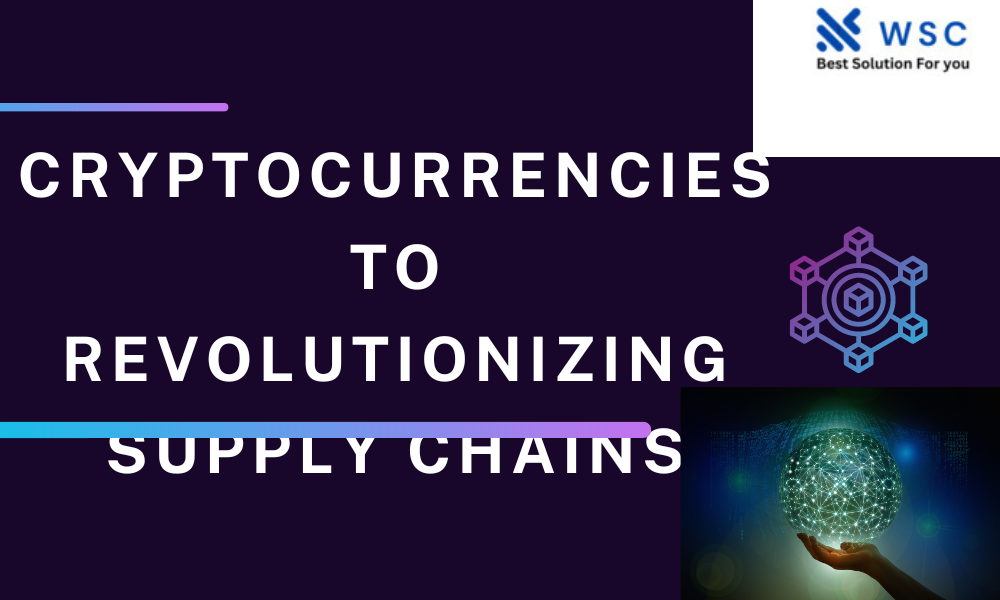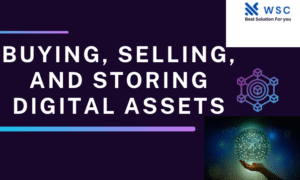In today’s fast-paced digital world, blockchain technology is proving to be a game-changer, with applications ranging from cryptocurrencies to transforming supply chain management. Let’s delve into the versatile use cases of blockchain and how it is shaping the future.
Cryptocurrencies: The Pioneering Application
Blockchain’s inception was marked by the introduction of cryptocurrencies, notably Bitcoin. This digital currency relies on blockchain’s secure and transparent ledger to enable peer-to-peer transactions without the need for intermediaries. If you’re interested in cryptocurrencies, here’s a simple code snippet to get you started with Bitcoin transactions:
# Import necessary libraries
from bitcoinlib.wallets import Wallet
# Create a wallet
my_wallet = Wallet.create()
# Generate a new address
my_address = my_wallet.get_new_address()
# Send Bitcoin to another address
my_wallet.send_to(my_address, amount=0.01, fee=0.0001)
Digital Assets Beyond Currency
Blockchain technology extends far beyond cryptocurrencies. It allows for the tokenization of various assets like real estate, art, or even intellectual property rights. This enables fractional ownership, making investments more accessible to a wider audience. Here’s a code snippet using Ethereum’s ERC-20 standard to create your own token:
// Solidity code for creating an ERC-20 token
pragma solidity ^0.8.0;
contract MyToken {
string public name = "MyToken";
string public symbol = "MTK";
uint8 public decimals = 18;
uint256 public totalSupply = 1000000 * 10 ** uint256(decimals);
mapping(address => uint256) public balanceOf;
constructor() {
balanceOf[msg.sender] = totalSupply;
}
event Transfer(address indexed from, address indexed to, uint256 value);
function transfer(address to, uint256 value) public returns (bool) {
require(to != address(0), "Invalid address");
require(balanceOf[msg.sender] >= value, "Insufficient balance");
balanceOf[msg.sender] -= value;
balanceOf[to] += value;
emit Transfer(msg.sender, to, value);
return true;
}
}
Supply Chain Management: Enhancing Transparency
Blockchain’s ability to create immutable and transparent ledgers is transforming supply chain management. It enables end-to-end tracking of products, reducing fraud and ensuring the authenticity of goods. Here’s an example of how a supply chain tracking system can be implemented using Python:
# Import necessary libraries
import blockchain_sdk
# Initialize a blockchain client
client = blockchain_sdk.Client(api_key='your_api_key')
# Create a smart contract for supply chain tracking
contract = client.create_contract()
# Track product movements and update the blockchain
def track_product(product_id, location):
transaction = {
'product_id': product_id,
'location': location,
'timestamp': current_time(),
}
contract.execute('trackProduct', transaction)
# Implement functions for querying product history
# ...
Blockchain in Healthcare: Secure Patient Records
Blockchain technology is making waves in healthcare by enhancing the security and accessibility of patient records. Imagine a world where your medical history is securely stored on a blockchain, accessible to healthcare providers when needed, but under your control. This use case ensures the privacy and integrity of medical data.
Smart Contracts: Automating Transactions
Smart contracts are self-executing contracts with the terms of the agreement directly written into code. They automatically execute and enforce the terms when conditions are met, reducing the need for intermediaries. These contracts are utilized in various sectors, from real estate to insurance claims, streamlining processes and reducing disputes.
Conclusion:
In conclusion, blockchain technology’s applications are evolving rapidly, revolutionizing industries beyond cryptocurrencies. Whether you’re interested in digital assets, supply chain management, or any other domain, blockchain offers exciting opportunities to explore and code your way to a decentralized future.
Check our tools website Word count
Check our tools website check More tutorial




